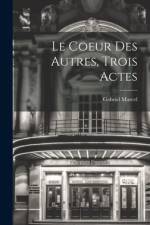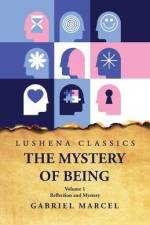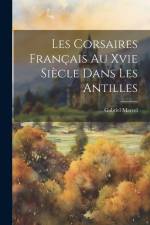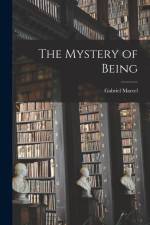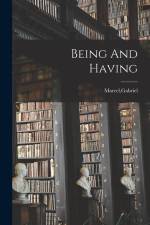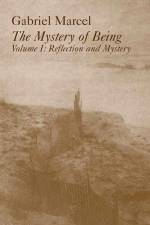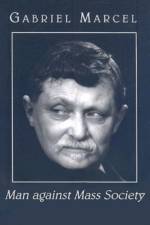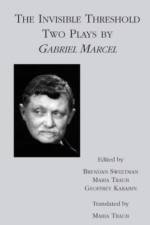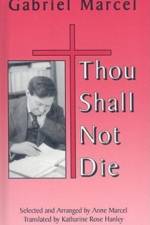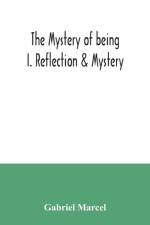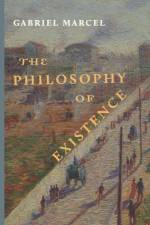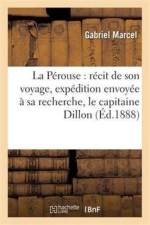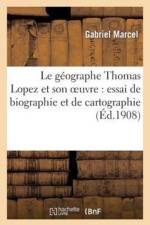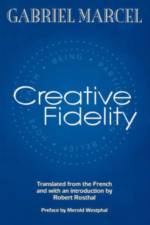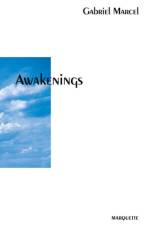av Gabriel Marcel
291
French philosopher and dramatist, Gabriel Marcel (1888-1973), who belonged to the movement of French existentialism, is one of the most insightful thinkers of the twentieth century. Unlike some of his contemporaries who took existentialism in an atheistic, even nihilistic, direction, Marcel approaches human existence from a theistic perspective, and gives priority to the themes of hope, fidelity and faith in the human search for meaning in a challenging world. Author of seventeen major works of philosophy, Marcel also wrote more than thirty plays, including tragedies and comedies, many of which were staged in theaters in Paris, Germany, Belgium, England, Ireland and the United States. Marcel regarded dramatic art as having priority in both a chronological and an intellectual sense. His plays deal with challenging experiences and issues of contention that arise between people, especially families, in day-to-day life. Describing his own style as "post-Ibsen," because it involves a sense of realism, depictions of passion and sincerity, and a sense of moral duty, Marcel's plays rarely provide complete or settled answers to the difficulties they confront, but suggest possibilities both of interpretation and with regard to the choices on life's journey. One of his aims is to allow audiences (and readers) not only to arrive at their own conclusions, but to feel the echo of the dramatic action in their own lives, and so provoke both insight and critical reflection on the dramas of existence. The plays in this new volume were written early in his career, and were published together under the title Le Seuil invisible (The Invisible Threshold) in 1913. The first play, Grace, explores the theme of religious conversion. The drama depicts a crisis between characters of genuine depth and sincerity, who are struggling with different interpretations of shared experiences. After a serious illness, Gerard, one of the main protagonists, undergoes a religious conversion, an experience which allows of two different and irreconcilable interpretations. The first is the interpretation of the scientific materialist; the second regards Gerard's illness not as a cause but as an occasion to exercise the subject's creative freedom. The play also raises the question of grace: the role that God may play in the choice of faith. Marcel asks us to consider the sincerity of our choices, and those attitudes and temptations that play a role in our motivations, in a profound dramatization of the experience of the religious as it emerges through challenging life situations. Similar themes are addressed but developed differently in the second play, The Sandcastle. Through the character of Moirans, this drama explores the confrontation between one's beliefs and their consequences when faced with challenging family and social circumstances. The play asks us to think about what happens when our beliefs and theories, especially about religion, morality and politics, come up against situations in life that can test them. Marcel raises issues of moral character, commitment and sincerity, and introduces the role doubt plays in the way we form and hold our convictions. The springboard for the unfolding of the drama is Moirans' egotism, and his growing realization of the difference between accepting Christianity in an intellectual and cultural sense, and a Christianity that is lived. This predicament then provokes his daughter, Clarisse, into some profound soul-searching of her own. Drama of this profundity offers audiences and readers a mirror that reflects their own problems, which leads to further awareness and understanding. Marcel's dramatic works deal with the difficulties in acknowledging many of life's most profound experiences, in reacting to them in an authentic way, and often illustrates our failures with regard to them. One of the major themes of both his dramatic and philosophical work is that life's most profound, fulfilling experiences are being compromised more than ever in what he describes as the modern, broken world (le monde cassé), one unfortunately characterized by alienation, loss of meaning and feelings of despair. These new plays of Marcel's, here translated into English for the first time, will appeal to all who are interested in the role of grace in everyday life, in the influence of culture on belief, the relationship between faith and reason, the choice of faith in a secular world, and the struggle between inauthentic and authentic existence. Marcel raises profound questions about these and related topics, but does not offer final answers. In his plays, he leaves that to us.


